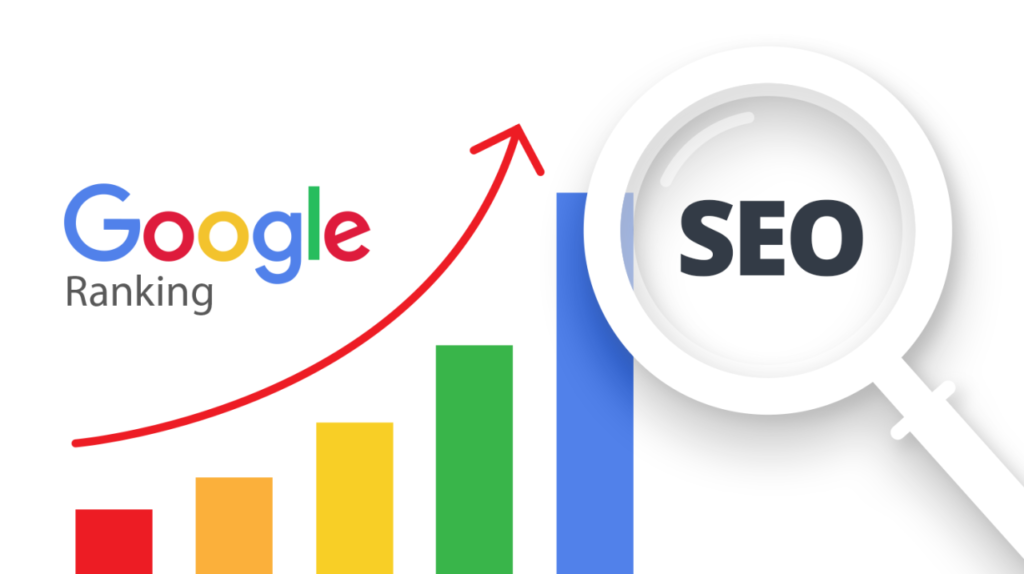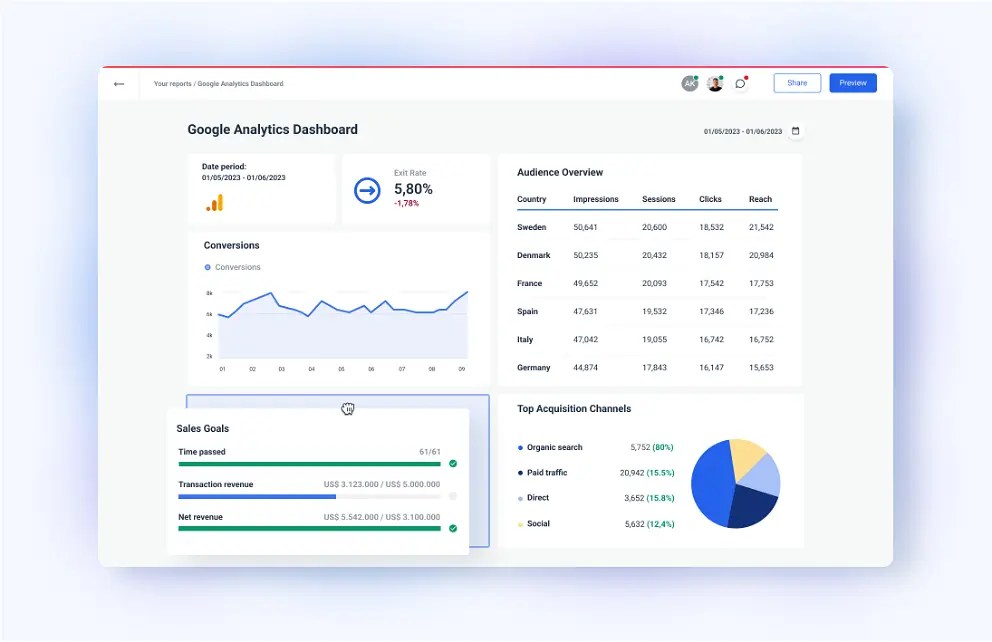When it comes to Search Engine Optimization (SEO), many website owners focus on keyword strategy, backlinks, and content quality, but there’s one often-overlooked factor that plays a massive role in your rankings: website hosting speed. While you might think SEO is all about content and backlinks, the speed of your hosting can significantly impact your site’s performance, user experience, and ultimately, your search engine rankings.
In this blog, we’ll explore how fast hosting influences SEO and why choosing the right hosting provider can be the key to improving your visibility on search engines like Google.
What Is Website Hosting Speed?
Website hosting speed refers to how quickly a website’s content is delivered to users when they visit the site. It depends on a number of factors, such as the server’s hardware, the resources allocated to your website, and the geographical location of the hosting server.
When someone enters your URL into their browser, a request is sent to the server that hosts your website. The server processes the request and sends the data back to the user’s browser, which then displays the website. The faster this process happens, the quicker the website loads for the user.
How Does Hosting Speed Affect SEO?
1. Page Load Time and User Experience
User experience (UX) is a cornerstone of SEO, and page load time is one of the key elements of a positive UX. Search engines, particularly Google, prioritize delivering the best possible experience to users, and one of the main aspects they consider is how quickly a page loads. If your site loads slowly, users are more likely to leave before it even finishes loading (i.e., bounce). High bounce rates can signal to Google that your site isn’t providing a good user experience, which can harm your rankings.
A fast hosting environment ensures that your pages load quickly, keeping visitors engaged and reducing bounce rates. Google rewards sites that provide a seamless, fast experience with better rankings in search results.
2. Core Web Vitals and Google’s Algorithm
In 2021, Google introduced Core Web Vitals, a set of metrics that directly measure the user experience, with a heavy focus on loading performance, interactivity, and visual stability. These metrics include:
- Largest Contentful Paint (LCP) – Measures how long it takes for the largest visible element on the page (like an image or block of text) to load.
- First Input Delay (FID) – Measures how long it takes for the site to respond when a user interacts with it (e.g., clicking a button).
- Cumulative Layout Shift (CLS) – Measures visual stability, specifically how much the page layout shifts while loading.
Since hosting speed affects how quickly these metrics are met, a faster hosting provider will help you optimize these core web vitals, ensuring you meet Google’s standards and improve your SEO.
3. Mobile-First Indexing
Google now uses mobile-first indexing, meaning it predominantly uses the mobile version of a site to determine rankings. If your website is slow to load on mobile devices, not only will users have a poor experience, but Google will also rank you lower in search results.
The right hosting provider can help ensure your website is optimized for mobile performance, which is a crucial factor in SEO today.
4. Improved Crawl Efficiency
Search engines use crawlers or bots to index your website and its content. If your hosting is slow, crawlers might not be able to access your site as quickly or efficiently as they should. This can lead to incomplete indexing, or worse, Google may stop crawling your site entirely. A faster hosting provider allows crawlers to index your site more efficiently, ensuring that all of your pages are discovered and ranked properly.
5. Reduced Risk of Downtime
Website downtime, whether due to server issues or slow performance, can hurt your SEO rankings. If search engines attempt to crawl your site and it’s down, they may interpret this as a problem with your site, which could lead to lower rankings. A reliable hosting service with minimal downtime ensures that your site is available when search engines need to crawl it.
Hosting Types and SEO: Which Is Best for Speed?
When it comes to hosting, not all providers are created equal. Some types of hosting are inherently faster and more efficient than others. Here’s a breakdown of different hosting options and their SEO impact:
- Shared Hosting: This is the most affordable option but also the slowest. Multiple websites share the same server resources, meaning your site could suffer if other sites on the server experience traffic spikes or resource usage.
- VPS Hosting (Virtual Private Server): Offers more dedicated resources than shared hosting, resulting in faster performance and more control over the server environment. This can positively impact SEO by ensuring faster load times and more reliable performance.
- Dedicated Hosting: This is when you have an entire server to yourself. It offers the best performance and speed but comes with a higher cost. For high-traffic sites that need optimal performance, this is the ideal solution.
- Cloud Hosting: Offers flexibility, scalability, and fast load times by using multiple servers to distribute the load. It’s a good choice for businesses that experience fluctuating traffic and need reliable uptime and speed.
The Bottom Line: Speed is SEO Gold
In today’s digital world, speed is everything. Your hosting provider plays a pivotal role in your website’s ability to load quickly, providing a solid foundation for better SEO performance. By ensuring your site loads fast, offers a positive user experience, and adheres to Google’s Core Web Vitals, you’ll give your site the best chance of ranking well in search results.
If you want to boost your SEO, make sure that your hosting provider is up to the task. Choose a hosting solution that prioritizes speed and performance to maximize your site’s visibility, user experience, and ultimately, your search rankings.
Key Takeaways:
- Fast hosting improves user experience, reduces bounce rates, and boosts SEO.
- Google’s Core Web Vitals are influenced by hosting speed and affect rankings.
- Faster load times improve crawl efficiency, mobile performance, and reduce downtime.
- Choose the right hosting type (VPS, dedicated, or cloud) to optimize SEO.
Remember, the faster your website, the better your chances of outranking your competition in search results!
Now that you understand the vital relationship between hosting speed and SEO, consider reviewing your current hosting provider. Small improvements in hosting speed can lead to significant improvements in your search engine rankings.
Get yourself a faster web hosting from one of our trusted providers Hostlika. Visit www.hostlika.com to get yourself a good domain name and faster hosting. Free Cpanel, Free SSL , Free Migrations and many more




